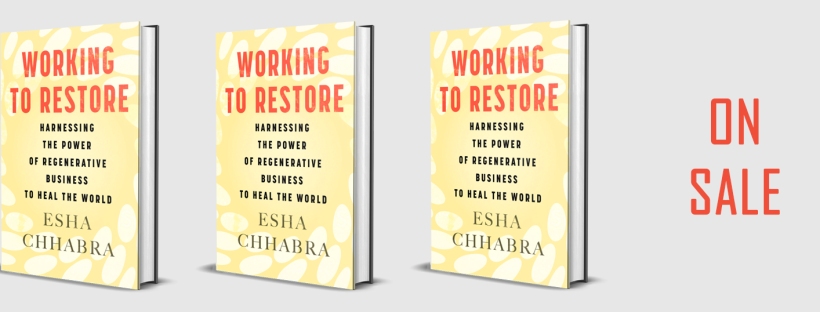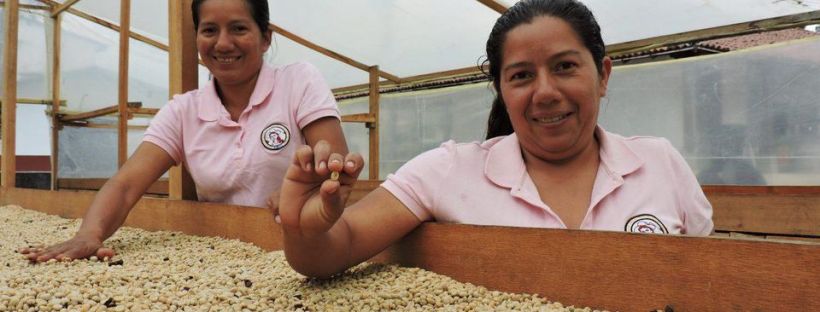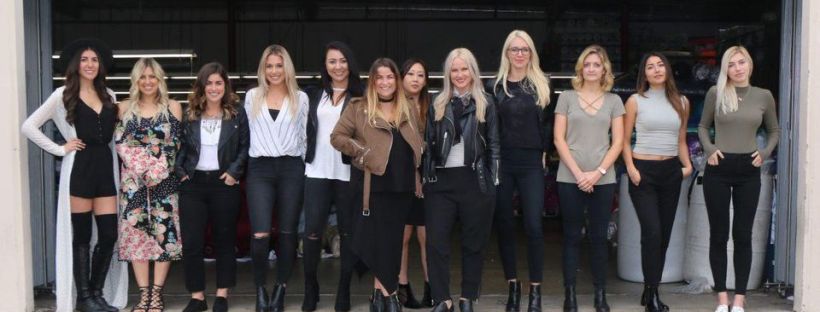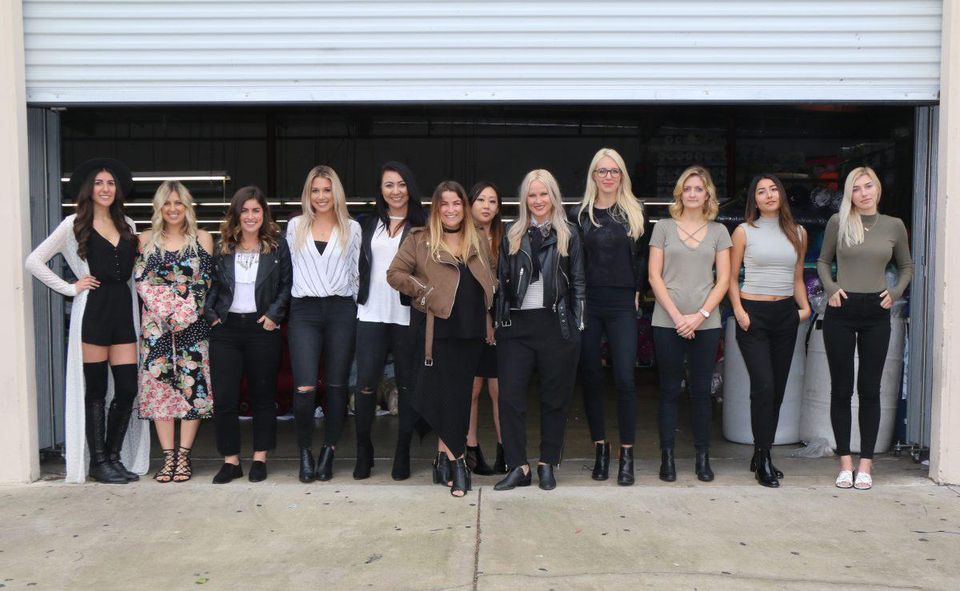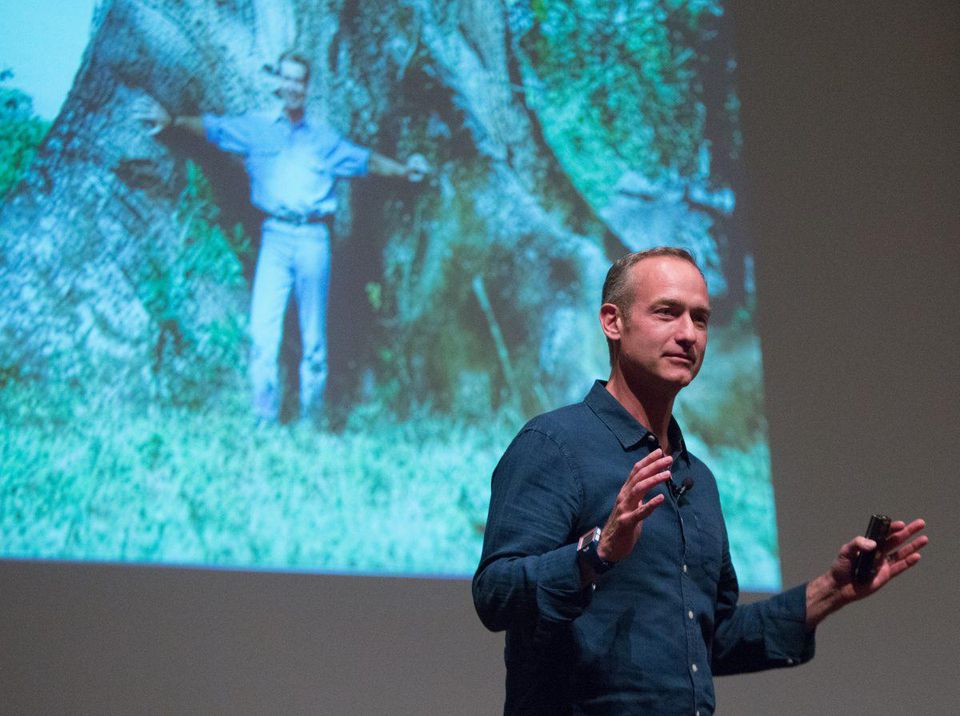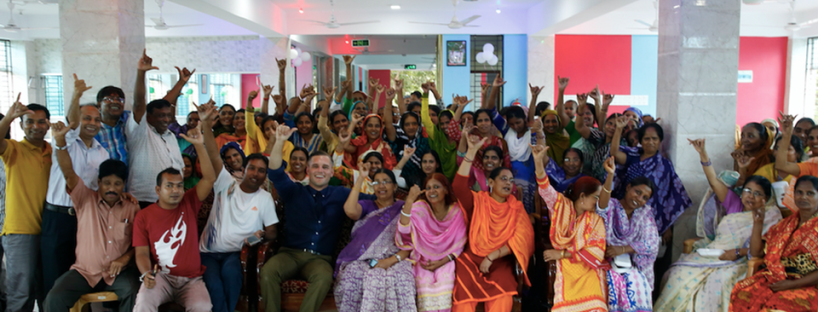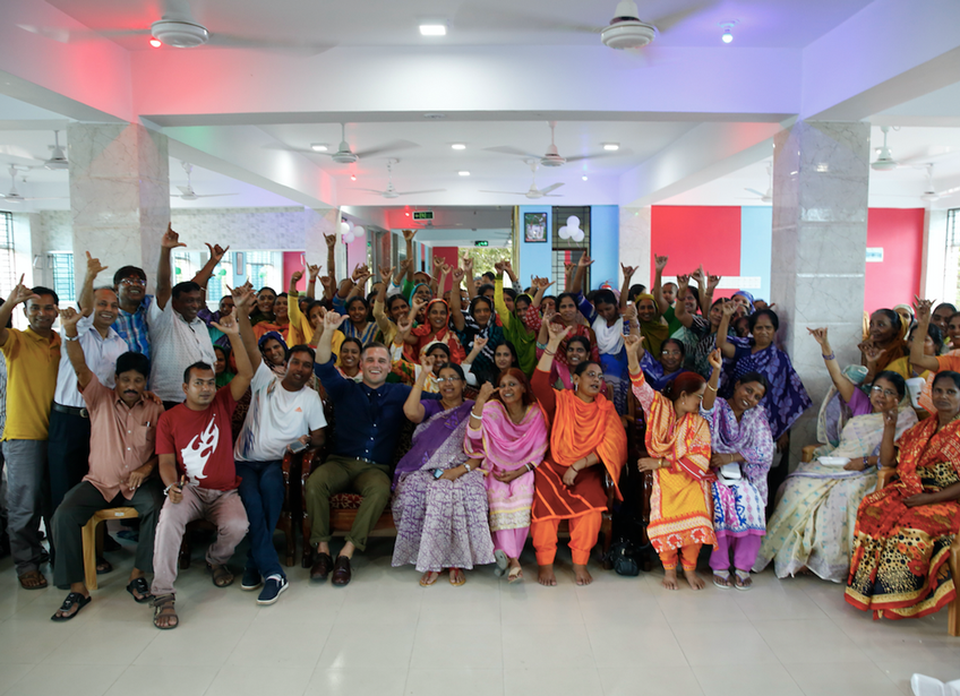Working to Restore, released this month, featuring the stories of 30+ companies around the world that are using their business model to drive social and environmental change — a restorative and regenerative approach is the path forward. Surface-level sustainability is not enough. I spent several years meeting with companies, seeing their supply chains to showcase the stories of companies going beyond the greenwashing, and willing to take on risks.
The book looks at fashion, food, health, plastic waste, travel, energy, and more to paint a holistic picture, and argue that these efforts are working across industries.
If you’re tired of doom and gloom stories related to the climate, this book offers some solutions. Available to purchase globally.

Here’s some early praise and love for the book:
“With wit and energy, Chhabra introduces us to an exciting new business landscape.”
—Kirkus Reviews
“The regenerative mindset enables you to sidestep getting mired in past or present challenges and catapults you and your work into the realm of the possible, the hopeful, the optimal. That’s what we love about Esha Chhabra’s Working to Restore.”
—Jay Coen Gilbert, cofounder of B Lab
“Uplifting, in every sense!”
—John Elkington, founder and chief pollinator, Volans, and author of Green Swans: The Coming Boom in Regenerative Capitalism
“Provides inspiring yet tangible examples from a wide range of sectors of how to bring business back into balance and how to value what matters most: ‘simplify and spend time immersed in life, not stuff.’”
—Melissa Ho, vice president, World Wildlife Fund
“Working to Restore is essential reading as we work to solve the social, economic, and environmental problems of our times.”
—Ryan Gellert, CEO, Patagonia
“Considering the trouble our planet is in, effective engagement by the private sector is one of the few promising strategies left, and Chhabra gives us plenty of excellent examples for inspiration.”
—Gero Leson, vice president of special operations at Dr. Bronner’s and author of Honor Thy Label
“This book should be required reading for everyone, as we will all need to think like entrepreneurs in order to solve the complex problems we face in the world.”
—Shilpa Shah, cofounder of Cuyana
“Just the antidote to the doom and gloom we need for our time. The book can and should inspire a generation.”
—Maxine Bedat, author of Unraveled: The Life and Death of a Garment
“Both beautiful and necessary.”
—Stephan Chambers, director, Marshall Institute, London School of Economics
“As usual, entrepreneurs are leading the way to transformative approaches to what ails the world. Now, global leaders and corporate executives need to get on board—and they can start by reading Working to Restore.”
—Tom Post, former managing editor, Forbes Media
“In a world so focused on short-term profit that our very survival often gets short shrift, it’s easy to despair: what choice do we have? My advice: choose to read this book, to start. Esha Chhabra has traveled the world to share the stories of businesspeople with heart and vision, and after reading Working to Restore, it’s clear that a regenerative, healing approach to business can preserve jobs, economies, and the world. Be excited about the future for once! Covering novel business solutions in health, energy, finance, the environment, and more—from brilliant, creative people, rich and poor, on six continents—Chhabra offers the one solution we need most and can apply anywhere: a better way of thinking. This book offers practical hope, backed by effective actions. Make reading Chhabra’s work one of yours.”
—Bob Harris, author of The International Bank of Bob: Connecting Our Worlds One $25 Kiva Loan at a Time
“If capitalism is to be transformed into the engine of inclusive, just, and sustainable prosperity we need, a new generation of purpose-driven companies must lead the way. Chhabra’s compelling book tells the stories of some of the best of these game-changing businesses and is guaranteed to inspire.”
—Matthew Bishop, author and former business editor of The Economist
“Saving our planet always comes down to the same thing: talk less, do more. Business leaders have a responsibility to regenerate Earth and her communities by revolutionizing our economy—and Working to Restore tells the stories of exactly that. Thoughtful, probing, solution-oriented, and hopeful, this beautiful book portrays everything we need in this time of planetary crisis to reverse our current downward spiral back up into a more virtuous circle.”
—Elizabeth Whitlow, executive director, Regenerative Organic Alliance
“We are entering the Regenerative Era. Chhabra provides portraits of innovation, resilience, and commitment to the planet and humankind that can help lead business into this new era.”
—Dr. Robert Strand, executive director, Center for Responsible Business, University of California–Berkeley
